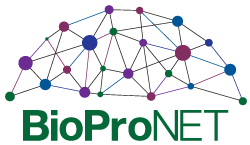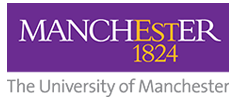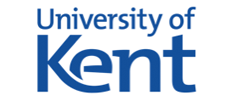For Early Career Researchers: The Bioprocessing Skills School
8th-13th September 2019, Darlington
Do you want to find out how your career might develop working for industry, the differences between industrial- and academic-driven research and how the industrial environment matches your career ambitions? Here’s your opportunity to answer these questions and find out much more about your ability to work in teams and how the innovative, entrepreneurial spirit drives research translation.
At our week-long, intensive residential training programme, designed around the insights and advice of senior industrialists, you will take part in group-based activities and work with real-life industrial case studies. The programme is designed to engage with the process of entrepreneurship, focus on the development of the ability to promote research ideas and their value to audiences and the key importance of the societal impact of industrial biotechnology.
Are you interested? If you are (a) an Early Career Researcher (normally undergoing PhD training or on first Post-doctoral positioning in an academic environment but potentially in the early stages of an industrial career), (b) working in the area of bioprocessing of biopharmaceuticals or novel biological therapeutics (c) on a project that has an industrial collaborator then this could be an ideal opportunity for you.
The week-long residential programme is funded by the BBSRC (accommodation, meals and all training activities) to eligible applicants but will be limited to no more than 18 participants each year. Each participant will be asked to make a £150 non-returnable contribution for registration once their acceptance of a place is confirmed. Informal enquiries can be made to Jo Flannelly (joanne.flannelly@manchester.ac.uk).
The BioProcessing Skills School has been developed by the Universities of Manchester and Kent, in collaboration with the NBMC and BioProNET, and is funded by the BBSRC Strategic Training Awards for Research Skills (STARS).
Details of the full programme and registration will follow and the sessions will include: molecular design and development of biological therapeutics, generating the tools for self awareness, industrial-scale manufacturing process, drug formulation and delivery embedded within a series of industrial site visits and presentations from industrial practitioners and entrepreneurs.







